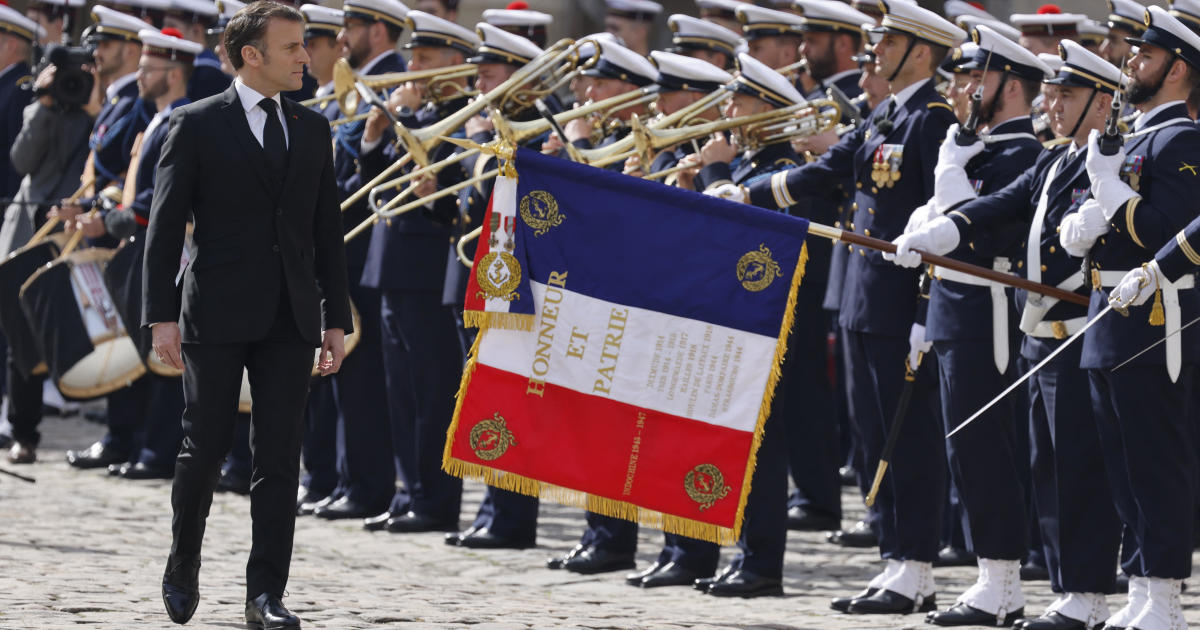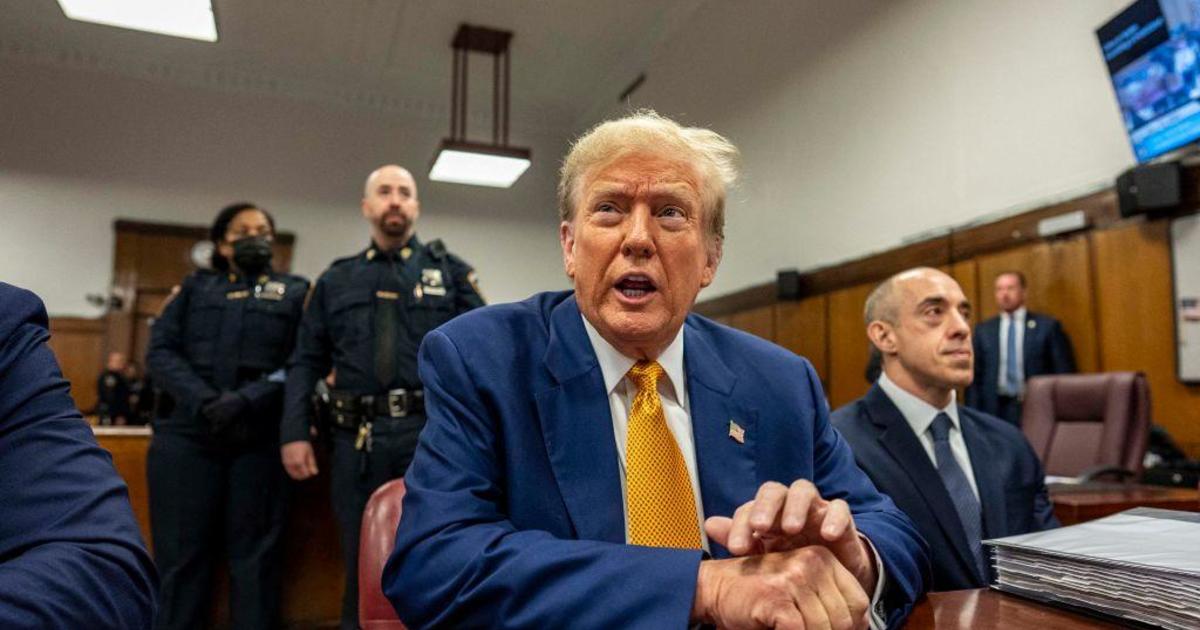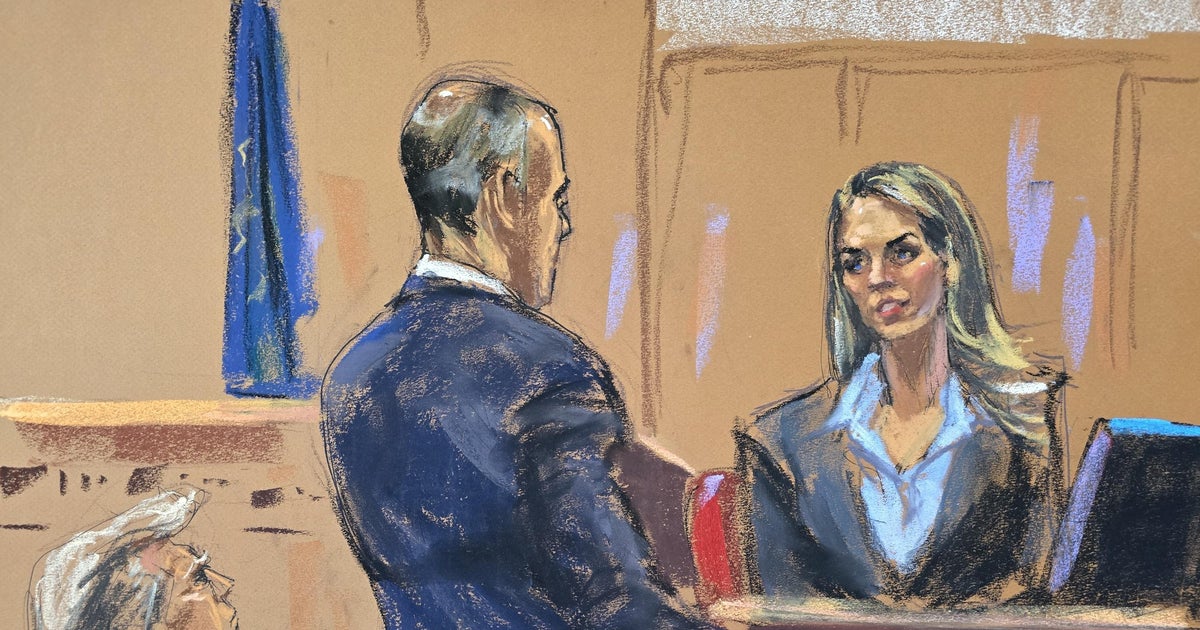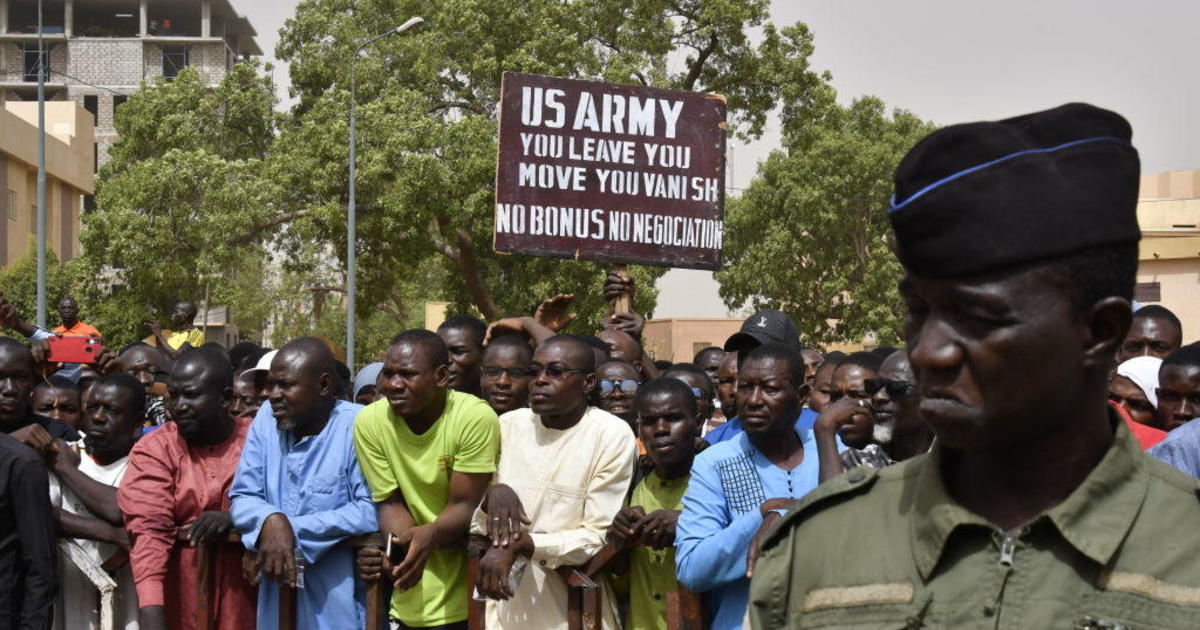U.N. ambassador Samantha Power on dealing with Russia, Israeli settlements
U.N. ambassador Samantha Power is convinced that “if America leads, the world takes notice.”
As she prepares to leave her post as the U.S. Permanent Representative to the United Nations on January 20 with the rest of the Obama administration, she is calling for the international community to “combat” the effects of Russian President Vladimir Putin. Power has criticized his country for its repeated vetoes of U.N. resolutions on the Syrian conflict.
After reports of unverified intelligence on President-elect Donald Trump and Russia surfaced Tuesday night, Power provided some context.
“What I can say is what I see every day at the U.N., which is that the rules that need to bind countries so that we live in a more stable world don’t bind Russia. And they flout them,” Power said Wednesday on “CBS This Morning.” “They flout them by invading their neighbors, they flout them by committing horrible atrocities in Syria and they have flouted them by interfering in our election.”
In retaliation for the country trying to meddle in the U.S. presidential election, the U.S. has imposed sanctions on Russia.
“What [Putin] might say, if he were here, is that those sanctions are an account of why he’s doing this or that. Although nothing he says is credible, just as his denials with regard to our election are not credible,” Power said. “But the cause and effect goes in the other direction. Our sanctions came as a result of his decision to lop off part of a neighbor. They come in as a result of support for a regime that has used chemical weapons against its people, etc.”
Power said Putin doesn’t seem to stand for a “new world order.”
For example, if a country wants to go to war, “you’ve got to play by a certain set of rules,” Power said.
“You don’t systemically target civilians, you don’t use chemical weapons, you don’t use barrel bombs. All of those norms are being subjected to challenge by President Putin and others. And it is incumbent on those of us, again, who have helped build that international order, you might have to make some adjustments,” Power said. “Obviously, the world is more multi-polar than it was in 1945, but it’s in our interest for there to be rules.”
Power, who has also forcefully denounced atrocities committed by Syrian President Bashar al-Assad, stressed the importance of the United States’ role in international affairs.
“Look at Ebola, look at dismantling Iran’s nuclear program, look at mobilizing the stiffest sanctions in two decades on North Korea in response to their nuclear proliferation. On issue after issue, we lead. And in the event we were not to lead, you would not see global responses,” Power said. “I live it every day on the Security Council. The issue is briefed and then everybody looks to me and says, ‘Ok, what’s the United States going to do about it?’ And then it’s incumbent on us to leverage what we do to get other countries to step up.”
Last month the Obama administration came under fire for abstaining to vote on a resolution against Israeli settlements in the West Bank.
“I would hope the consequence [of the abstention] is that all the parties on the ground who have not been engaged in talks on a two-state solution for some time get motivated to come back to the table. I mean, that was a resolution that enshrined in it opposition not only to settlements, but also to violence and incitement of the kind that helps give our eyes to the kind of attack we saw earlier this week against Israelis,” Power said. “So we have invested a huge amount in trying to push that process along, specifically Secretary Kerry of course giving body and soul to that. Right now, there are no talks. There is only movement in the wrong direction away from a two-state solution.”
Power will likely be succeeded by South Carolina Gov. Nikki Haley, who was nominated by Mr. Trump in November. She said she has focused on trying to ensure the “most auspicious transition possible.”
“I’ve been in touch with Gov. Haley, feel good about the team she’s inheriting,” Power said. “Ninety percent of the people who work with me stay on. I inherited them from President Bush. So at a civil service and foreign service level, there’s a huge amount of continuity in our foreign policy.”
Meanwhile, on a personal level, Power said her “first port of call” when she leaves office will be “lots of little league and concentrated attention on my two little children.”



